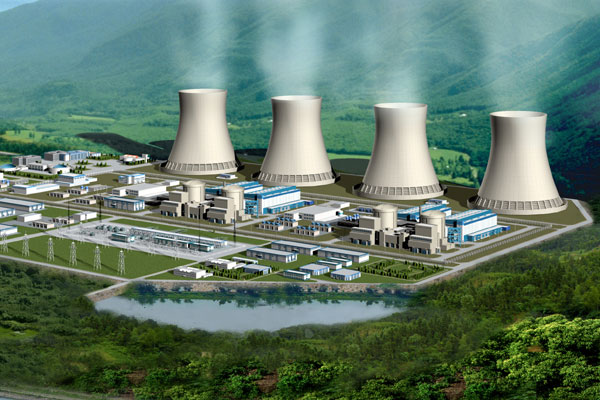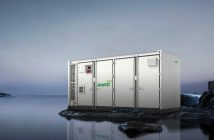- Kenya is scouting for a suitable location for its first nuclear power plant.
- The country’s Nuclear Power and Energy Agency (NuPEA) has announced that it has contracted Chinese firm- China National Nuclear Corporation (CNNC)to determine the most suitable location in an ambitious two-year Site Characterisation study.
- The plant will have a 1000MW capacity and is expected to cost US 5 billion.
“Currently, we have zeroed in at the coast along the Indian Ocean, Lake Victoria and Lake Turkana as the most ideal sites. We have excluded the Rift Valley because we need enough water to cool the plant. The sites were narrowed down after analysis of a number of environmental factors. These include, water, seismology and geology and ranked based on a numerical value assigned to each of the factors,” said Mr Collins Juma, the NuPEA Chief Executive.
The nuclear power plant projected to be built in the next 8-10 years will cost US 5 billion. It is expected to produce 1,000 megawatt (MW) of power. Kenya has identified nuclear energy as a source to fill the deficit Kenya is projected to have by 2030. While lauding the project as a major step forward Cofek secretary-general Stephen Mutoro urged the board to involve consumers while the process is ongoing to make them fully understand the plan.
The Kenyan government believes that nuclear power is a long-term solution to high fuel costs – incurred during times of drought when diesel powered generators are used- and an effective way to eliminate carbon emissions from the power generating sector.
Kenya has an installed generating capacity of 2,370 MW and peak demand of about 1,770MW. KenGen, which is 70 per cent owned by the Government, has an installed capacity of 1,631MW of which 70% comes from renewable sources. Demand for electricity is growing at about eight per cent a year, according to the World Bank’s data.
NuPEA forecasts its capacity rising to a total 4,000MW by 2033 making nuclear electricity a key component of the country’s energy mix.
The first nuclear power plant in Kenya will create about 5000 new jobs throughout its construction. The agency said it has trained 29 Kenyans on nuclear energy, all of whom graduated with Master’s degree in Nuclear Engineering from top universities in Korea, China and Russia.
Related news: Court Stops 1050MW Lamu Coal Project in Kenya
Author: Bryan Groenendaaal











